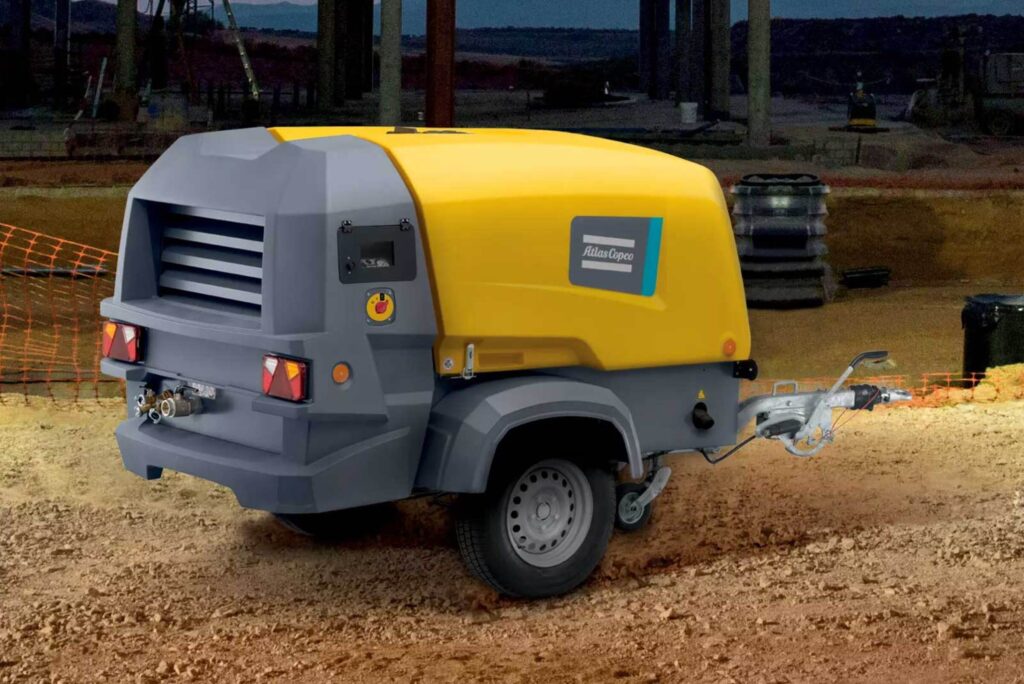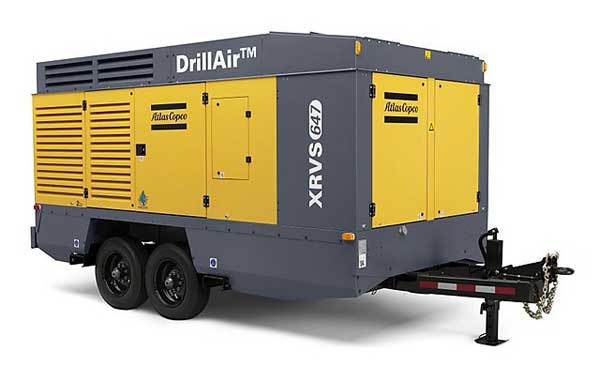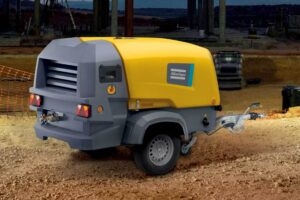Mobile Compressors: Efficiency on the Move

Understanding Mobile Compressor Types and How They Work
Mobile compressors are vital tools in modern industry, construction, and maintenance. Designed for flexibility and portability, these devices deliver compressed air to power a wide range of pneumatic tools and systems. Unlike stationary models, mobile compressors are compact, often wheeled or vehicle-mounted, and capable of working efficiently in remote or dynamic environments.
There are several types of mobile compressors, including piston, screw, and rotary vane models. Piston compressors are known for their simplicity and lower initial cost, making them suitable for small-scale operations. Screw compressors, on the other hand, offer higher efficiency and continuous operation, ideal for larger tasks. Rotary vane compressors provide consistent pressure output and are often used for applications requiring smooth airflow. To explore reliable options for mobile compressors and their applications, one can refer to https://www.ebner-druckluft.de/, a trusted source of compressed air solutions.
The working principle of mobile compressors involves the reduction of air volume to increase pressure. Ambient air is drawn into a chamber, where mechanical components—such as pistons or rotating screws—compress it. This pressurized air is then stored in a tank or sent directly to pneumatic tools. The portable design ensures easy transport and fast setup, making these compressors ideal for diverse fieldwork and off-grid locations.

Applications and Advantages of Mobile Compressors
- Mobile compressors are extensively used across industries. In construction, they power tools like jackhammers, nail guns, and sandblasters. In agriculture, they assist in irrigation, crop spraying, and powering machines in remote areas.
- They are also key in emergency and maintenance services, such as tire inflation, pipeline testing, and road repairs. Thanks to their mobility, users can operate machinery in locations without a fixed power source.
- The choice of compressor depends on the specific task, the required air pressure, and the power source available. Some are diesel-powered for heavy-duty work, while others use electric motors for cleaner, quieter performance. Their versatility, combined with rugged construction, makes mobile compressors a must-have for professionals in dynamic environments.
Mobile Compressor Comparison Table
| Type | Best Use | Power Source |
|---|---|---|
| Piston | Small-scale operations | Electric or Gasoline |
| Screw | Continuous, heavy-duty tasks | Diesel or Electric |
| Rotary Vane | Steady airflow applications | Electric |
By choosing the right type of mobile compressor, businesses can significantly enhance productivity while maintaining flexibility. These devices continue to evolve, with modern models offering improved energy efficiency, reduced noise levels, and advanced control systems. Whether for industrial projects or emergency services, mobile compressors remain indispensable for efficient, mobile power delivery.







